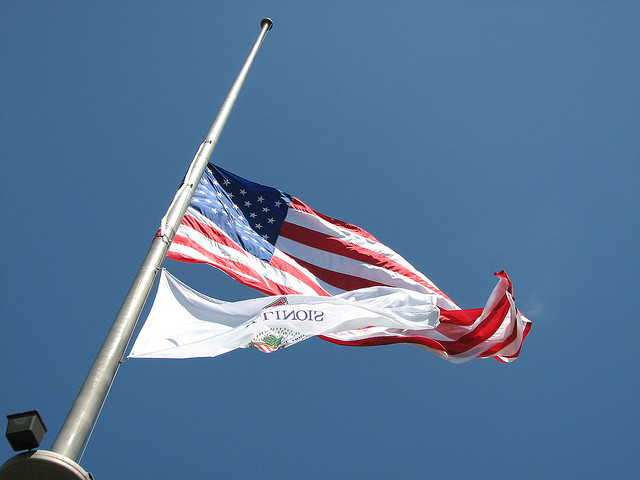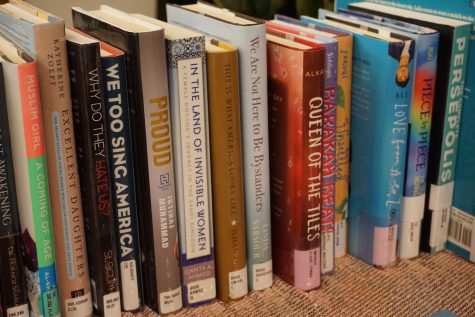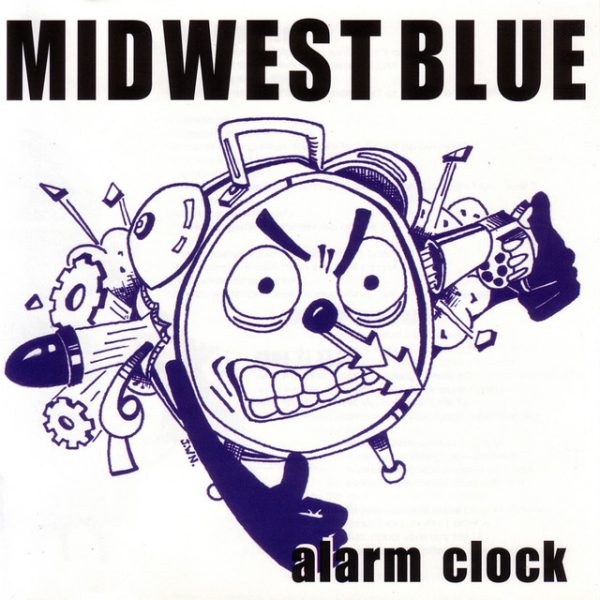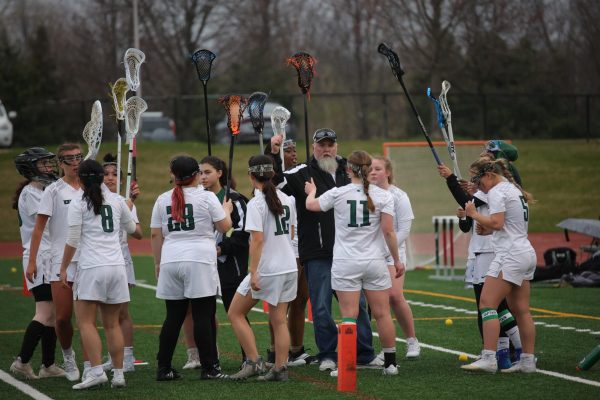‘Tis the season for voting
Fall is here in full swing. The birds are leaving their ponds and flying south. Halloween decorations have been on sale for the past month. And, if you listen very closely, you can hear the voices of rich white men, bickering incessantly between your favorite TV shows.
Yes, election season is here again. The 2014 midterm advertising campaigns are starting to ramp up, and in true American form, we are already sick of them and have stopped paying attention. The gubernatorial ads in particular are the political version of a Cialis commercial: boring, insecure, overly masculine and not at all directed at college students. Plus, tons of old people.
We at the Courier acknowledge this. It’s difficult to care about the election this year. It’s difficult to think your voice matters, that your vote can make a difference, or that there is even a candidate worth voting for. We admit it.
But we still think you should vote on Nov. 4, 2014. Go vote. Just do it.
Official registration is closed, but in Illinois you can register and vote at the same time during grace period registration, which runs all the way up to the general election.
We’ve heard the mantra from a young age. It’s one of the hallmarks of American democracy: Your. Vote. Matters. It’s such a cliché it’s easy to dismiss, except it is entirely true. In the big, presidential election, the electoral college limits the impact of any one person’s vote. That is undeniable, and a debate that we as a country must continue to have if we are to improve our democracy. In smaller elections though, like many of those on Nov. 4, the individual vote does matter. Elections are close, sometimes coming down to just a few hundred votes, and whether or not College of DuPage students turn out to vote can absolutely change the outcome.
On the ballot this year are positions that will have a direct and noticeable effect on your life. Several top positions in Illinois are up for grabs, including governor and many judicial seats. On a national level, many congresspeople need your help to keep their job.
“But I don’t trust politicians,” many people say. “Remember that South Park episode? They’re all the same anyway.”
You may have a point. Some elections, in your eyes, might very well be a “lesser of two evils” situation. In that case, wouldn’t you rather have the lesser evil? The idea that both candidates are equally undesirable is a cop out for people who don’t like to think. In most situations, with a few moments research, it isn’t hard to find which candidate more closely aligns with your views, even if you still don’t like the guy.
Also on the ballot this year are some public advisory questions, which will ideally be used to shape future policies. One of the questions is on whether or not the state minimum wage should be raised. One is on whether or not insurance companies should be required to provide birth control coverage. One is on funding the state’s schools.
Elections are the system’s way of asking you what you want from your government. By voting, you make a statement. Even if you “throw your vote away” on a third party. Even if you leave a specific position blank as a vote of no confidence. Not voting at all, however, is an endorsement of the status quo whether you mean it to be or not. By not voting you are telling candidates that they don’t have to worry about what you want, because your opinion will not influence how likely they are to keep their job. By participating in the process, you are at the very minimum increasing the turnout of college-aged voters. If enough of us turn out, at a certain point they will have to listen.
Let’s say you’re not convinced. You have no faith in your government, you think elections are dumb, and they’re going to do what they want anyway. Without addressing the validity of those claims, we would suggest you prove your point by voting. You’re like the proverbial girlfriend who “doesn’t care where we eat, it’s all the same,” then gets mad when we pick Chipotle again. Your voting makes possible the argument that you are being ignored. By remaining silent, you invalidate your own argument.
So vote, friends. Vote to your heart’s content. And, if you’re content not voting, then kindly abstain from talking politics for the next two years. After all, it doesn’t matter who wins, right?












